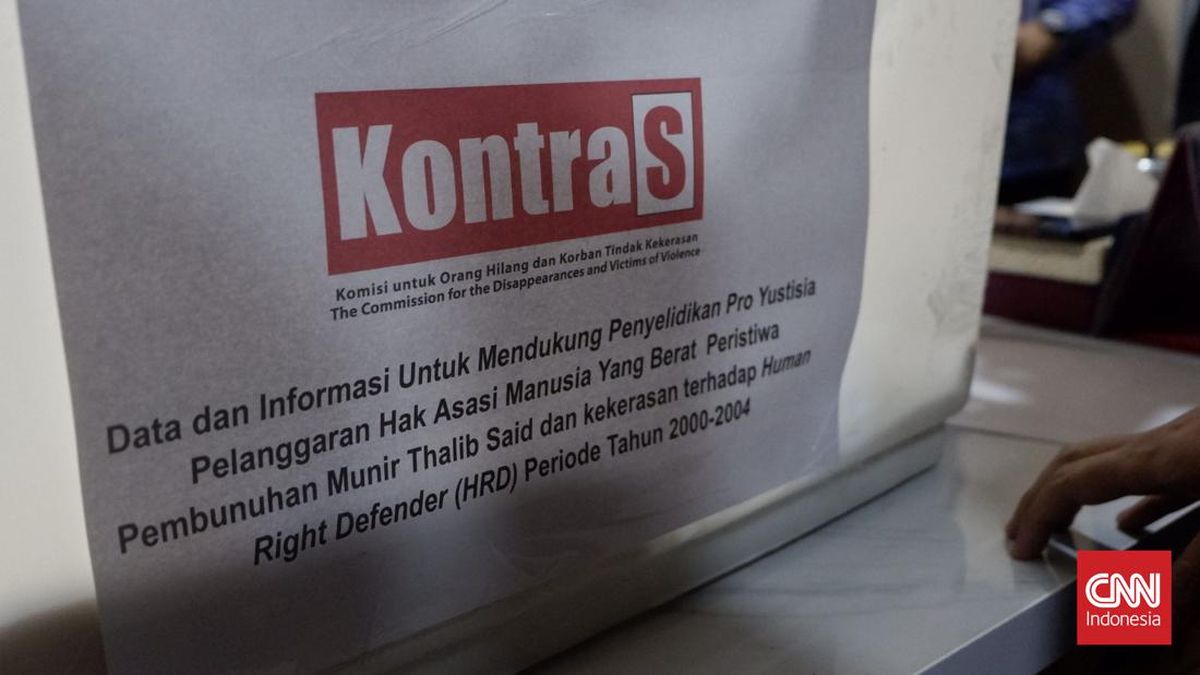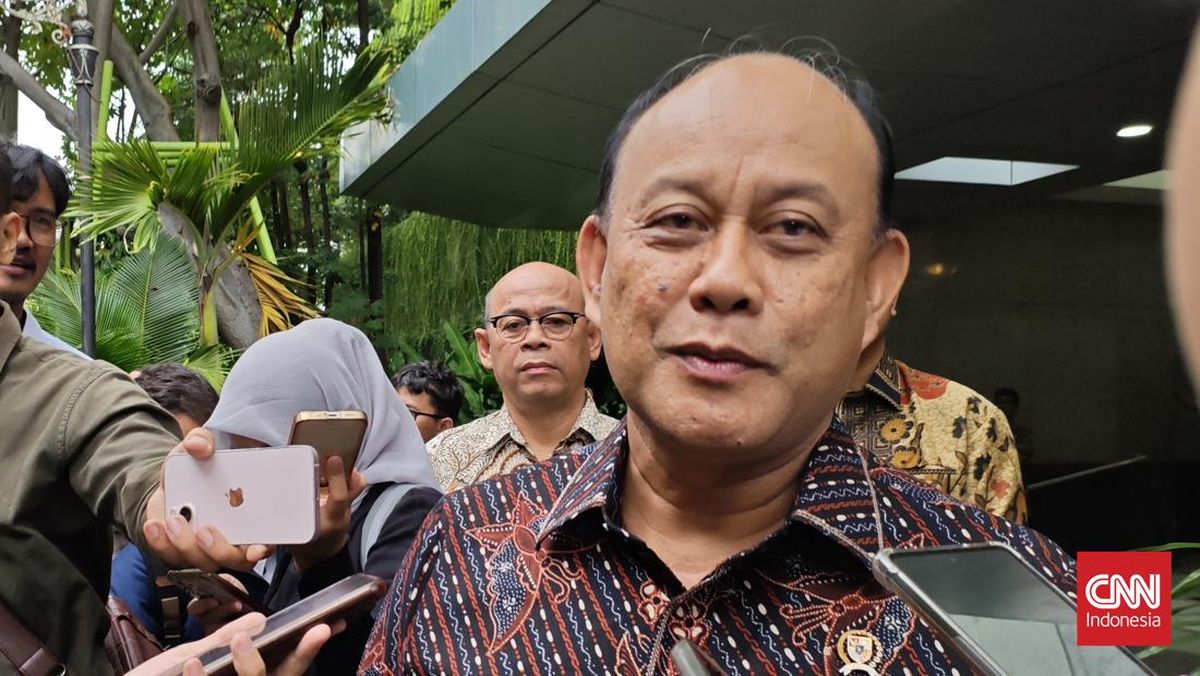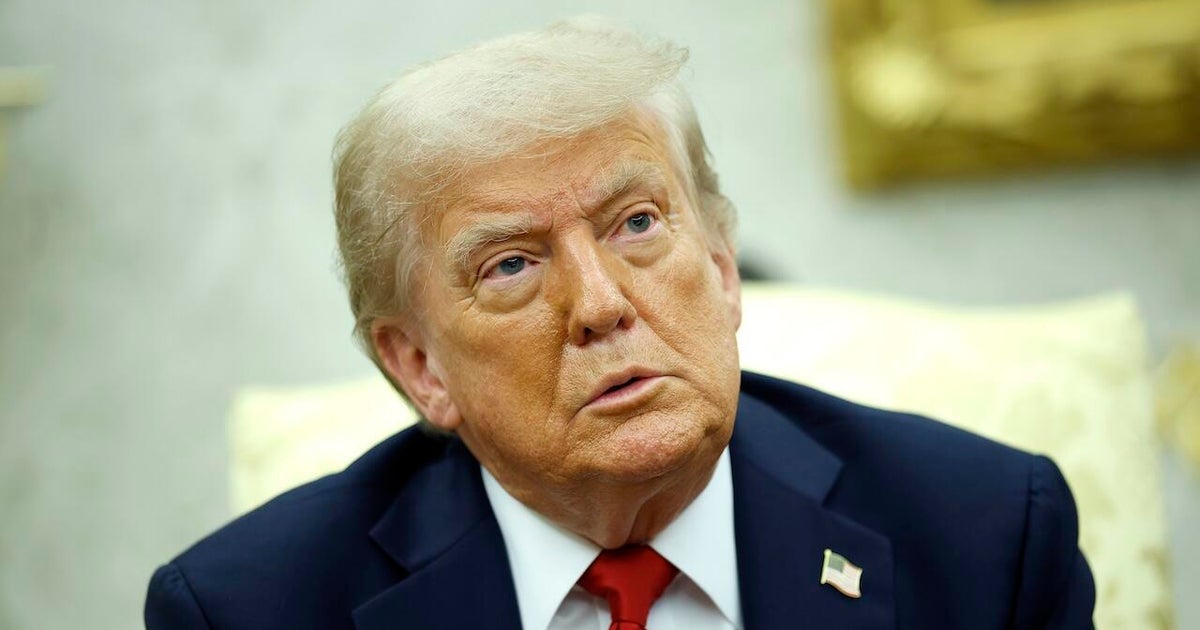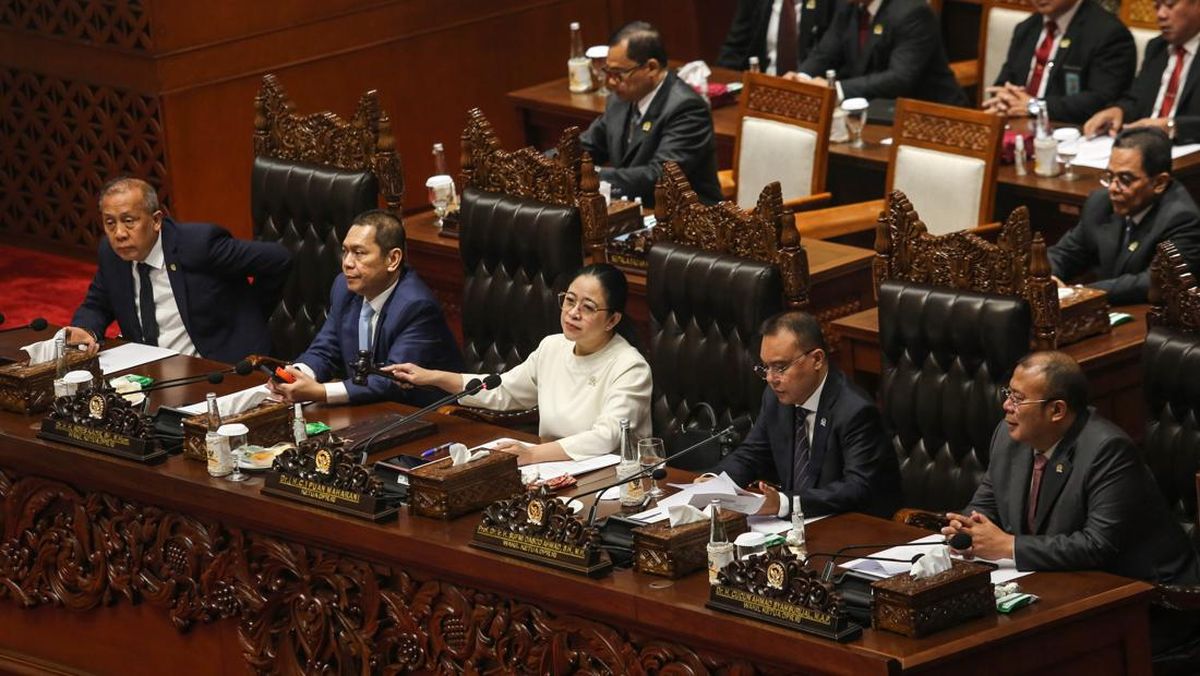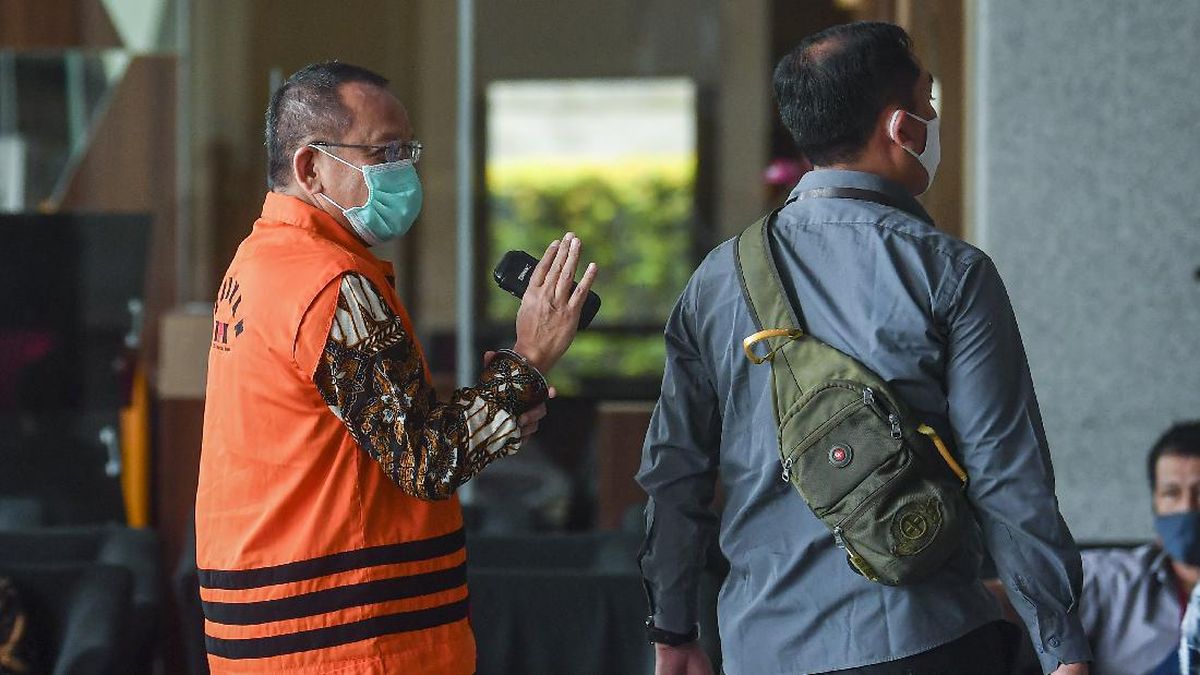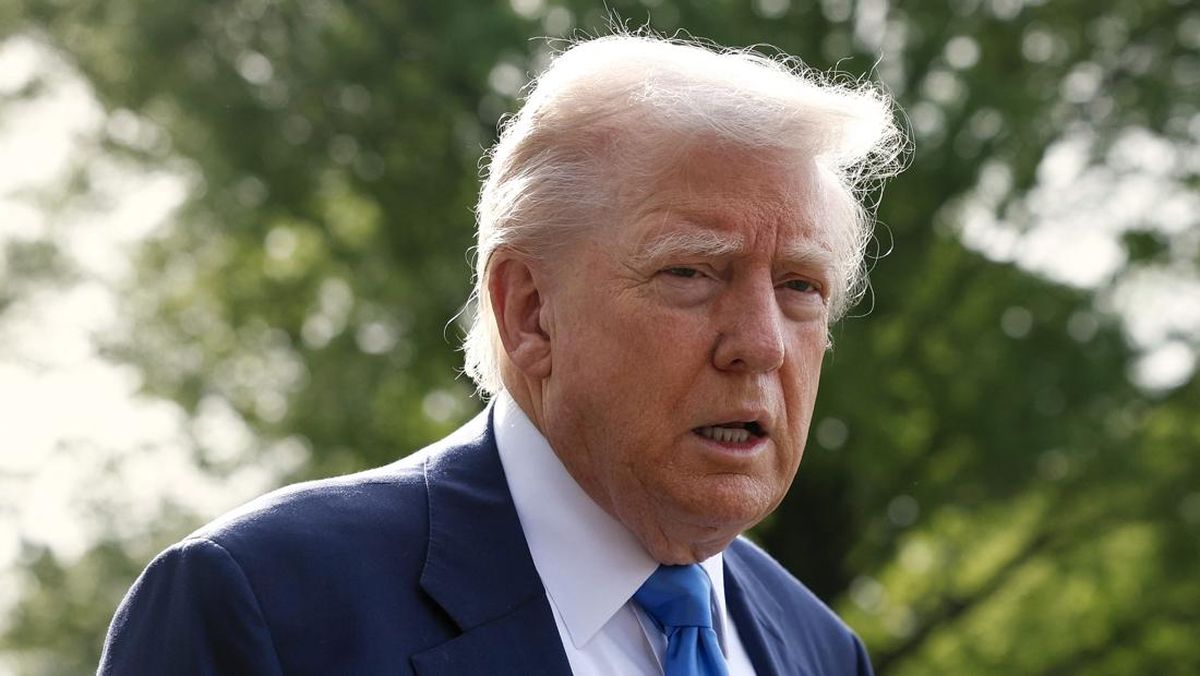While I was on holiday, I had a kind of nightmare: suddenly, every rich country in the world – including us – is vowing to spend many billions more on defence each year. This will cost taxpayers an absolute bomb. Why exactly are we doing this?
Has some new existential threat to each of the countries emerged? Or is the fear that a few countries may come under foreign invasion but, since we don’t know which few it will be, all of us are arming ourselves to the teeth just in case?

Illustration by Simon Letch
Let’s assume we spend these many trillions on armaments rather than lesser worries such as health, education and climate change, and nothing untoward occurs. Will this prove the money was well spent, or that it was a complete waste? We stocked up for a party, but no one came. We’ll never know.
Unsurprisingly, this strange behaviour was in response to a pronouncement of Donald Trump, who told us and his other presumed allies we should no longer rely on America’s defence shield, but spend more on our own security.
Initially, his demand was for us to increase our spending from 2 per cent of national income to 3 per cent, a rise of about $28 billion a year. This would swell defence spending by more than half, with the increase almost as much as federal spending on public hospitals.
But then Trump’s Defence secretary, Pete Hegseth, said the countries of South-East Asia should boost their spending to 5 per cent of national income.

US President Donald Trump, right, with Pete Hegseth, US secretary of Defense, at the NATO summit at The Hague in June.Credit: Bloomberg
The European members of NATO have been told the US will be shifting forces away from Europe, so they should greatly increase their own spending. They’ve agreed to increase it to 3.5 per cent. In Britain’s case, that would be up from a bit more than 2 per cent.
It’s remarkable how few people have remarked on what a strange way this is to decide how much more needs to be spent. You’d think the defence people would decide it based on the cost of the extra weapons and programs they judged to be needed to complete our security.
Assessing it as a fraction of national income makes you wonder if the goal is spending for spending’s sake. Or maybe they’re planning to fire decimal points at the enemy.
But who is the enemy? Which is the country preparing to invade us? We keep being told the world has become more threatening but, from our perspective, I don’t see it. It may be true that there are more wars at present, but how do they threaten us?
“Here’s a thought: does having every country armed to the teeth deter war, or make it more likely?”
There’s been another breakout in the Middle East, but how are we affected? How’s it going to spread as far as Oz? Or do we need to increase our capacity to intervene on the side of the Palestinians?
Then there’s Russia’s long-running attempt to take over Ukraine. Not going too well and, it seems, a great drain on Russia’s ailing economy. Europe has lived in fear of attack from Russia since World War II – that’s what NATO used to be about.
But let’s assume Russia’s glorious victory over Ukraine is near at hand. Will they lose no time in moving in on some other country? And even if they were, how high would Oz be on their little list?
Maybe the Indonesians could turn on us at any moment? Ah no, to the truly paranoid among our defence experts, the imminent threat is China. Those baddies could be coming after us at any moment. And the proof? China is building up its military. What other possible reason could there be for this than their desire to invade us?
Loading
Well, I can think of a few. Maybe they’re doing it because, if you want to be a superpower, you need to impress people with the size of your army. Take the US. It likes to intervene in other people’s wars, but no one thinks it’s gearing up to take over any other country (barring Canada and Greenland, of course).
So why does the US spend far more on defence that many other countries combined? Because that’s what superpowers do.
Of course, China might be building its defence forces because it’s readying for a war with the US. And maybe the US is staying strong for the same reason. If so, that’s a reason for us to keep well out of the way, not for us to increase our own defences.
It’s worth noting that Trump’s instruction to his erstwhile allies that they’ll get less protection from the US and should shoulder more of the burden of their own defence has involved no reduction in America’s own spending.
Trump being Trump, maybe what he’s after is for us and the other allies to spend more on buying defence equipment from US companies.
Here’s a thought: does having every country armed to the teeth deter war, or make it more likely?
And here’s another: in the hugely unlikely event that the Chinese were coming down to take us over, how could we possibly have a military big enough to stop them?
Loading
What gets me is the ill-disguised glee with which our defenceniks – most of them with a vested interest in greater defence spending – accepted without question or justification that our spending must be greatly increased.
Why has there been so little discussion of how any extra spending would be paid for? When our richest woman, Gina Rinehart, opined that our spending should be increased to 5 per cent of national income, I wanted to ask her how much of that she was offering to pay.
I don’t think Anthony Albanese will be taking orders from Trump on this. But to the extent that, without thinking, we do increase defence spending, we’ll all be paying higher taxes. Unless, of course, we borrow it all and leave the bill for our offspring to pick up.
Ross Gittins is the economics editor
Most Viewed in Business
Loading

